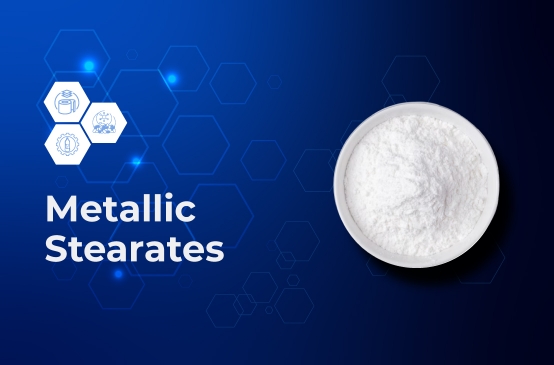Preservatives are essential in the complex world of food manufacture, where freshness and shelf life are major factors in determining quality. Sodium benzoate, one of the greatest preservatives available, prolongs the shelf life of several foods and drinks. Since its launch, there have been discussions over its safety and potential health risks. Sodium benzoate is still necessary to maintain the careful balance between extending shelf life and ensuring food safety, despite the scrutiny.
The main property of sodium benzoate is its capacity to inhibit the growth of fungus, yeast, and bacteria in acidic environments. This strong preservative, which comes from benzoic acid, acts as a barrier to prevent deterioration so that foods like pickles and carbonated drinks keep their integrity and quality for longer. Its adaptability and capacity to inhibit microbial development have solidified its position as the ingredient of choice for the food industry in its pursuit of shelf life and food safety.
Knowing the science behind sodium benzoate's effectiveness as a preservative helps to explain why it functions so well. When sodium benzoate comes into touch with acidic foods or beverages, it decomposes into sodium ions and benzoic acid. By disrupting the pH balance within microbiological cells and preventing their proliferation, benzoic acid slows the process of rotting. While sodium benzoate has long been a mainstay in food preservation, concerns regarding its efficacy and safety have surfaced, leading to a continuous debate about its proper place in the food chain.
The Purpose of Sodium Benzoate Use in Appreciation
Sodium benzoate is an effective preservative because benzoic acid inhibits the growth of bacteria, yeast, and fungi in acidic environments. This substance keeps food and beverages from spoiling and keeps them fresher for longer. It is a favourite ingredient in many food products, including pickles, sauces, sodas, jams, and various cosmetics, due to its versatility.
One of the reasons sodium benzoate works so well is that it can stop bacteria from growing. Sodium benzoate breaks down into sodium ions and benzoic acid when it comes into contact with acidic foods or drinks. Benzoic acid penetrates microbial cells in an acidic environment, upsetting the internal pH balance and halting cell division. Because of the way it works, sodium benzoate is a particularly useful molecule for keeping food from going bad.
Dispelling Myths About the Sodium Benzoate Issue
Despite being widely used, sodium benzoate has drawn criticism due to misconceptions about its safety. Its propensity to combine with vitamin C and some acidic environments to form the recognised carcinogen benzene has drawn criticism. However, a considerable lot of research and regulatory bodies such as the FDA have concluded that, when taken as prescribed and under the appropriate conditions, sodium benzoate is safe to consume.
The Role of Food Safety: Balancing Preservation and Health
Preservatives like sodium benzoate are a common topic of discussion when looking for safer and healthier food solutions. However, it's crucial to remember that the main purpose of preservatives is to shield food safety by preventing microbial contamination. When used properly and in compliance with legal standards, sodium benzoate helps to preserve the safety and quality of food items. This increases the product's shelf life and decreases food waste.
Evolutions & Innovations: Examining Other Options
The food industry is investigating substitute preservation techniques in response to changing consumer tastes and an increasing call for more open labelling. Manufacturers are gradually experimenting with natural preservatives as possible substitutes for synthetic preservatives like sodium benzoate, such as citric acid, rosemary extract, and other essential oils. These initiatives aim to strike a balance between consumer requirements, health concerns, and preservation.
Sodium benzoate: An Unavoidable Ingredient for Food Preservation
Despite recent controversy, sodium benzoate remains an essential ingredient in the food industry's efforts to provide safe and preserved products. Its importance in contemporary food manufacture is highlighted by its capacity to extend shelf life and prevent rotting. Ongoing industry innovation and development, however, seeks to develop substitute preservation techniques that satisfy changing consumer demands without compromising the safety and quality of food items.
Because sodium benzoate balances the delicate balance between consumer expectations, safety, and preservation, it is a result of technological advancements that drives continued research into safer and more sustainable methods of food preservation.









